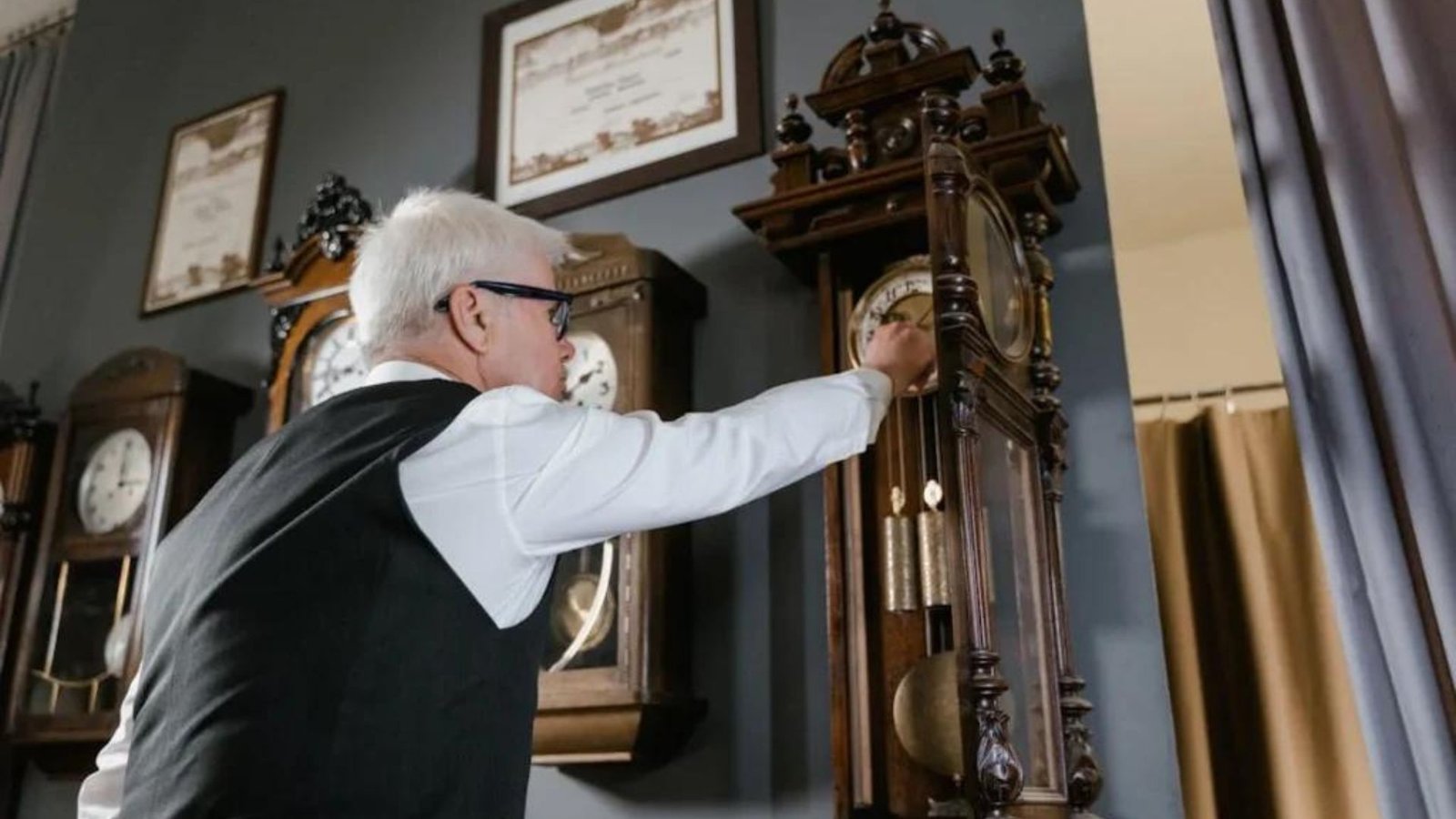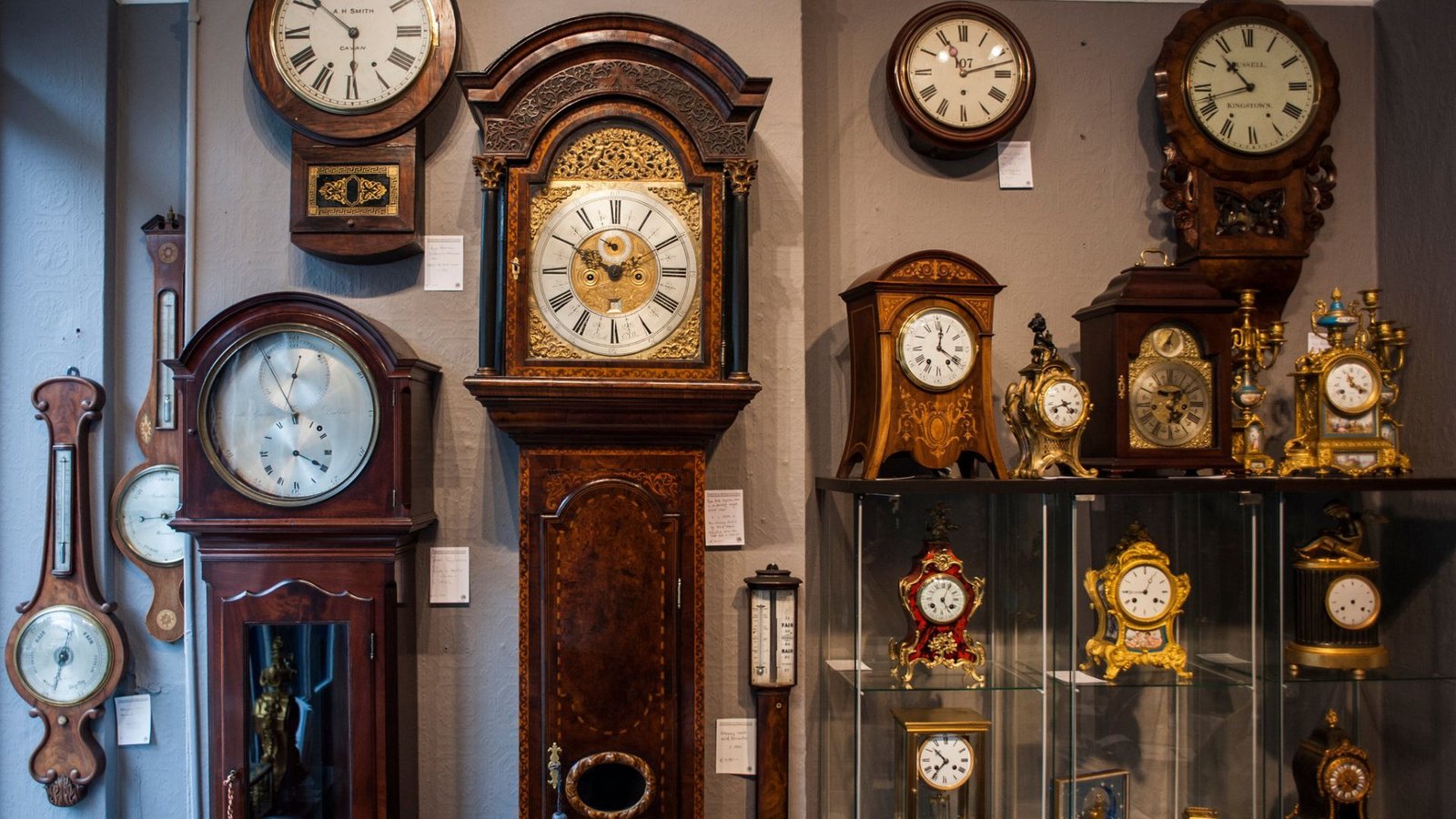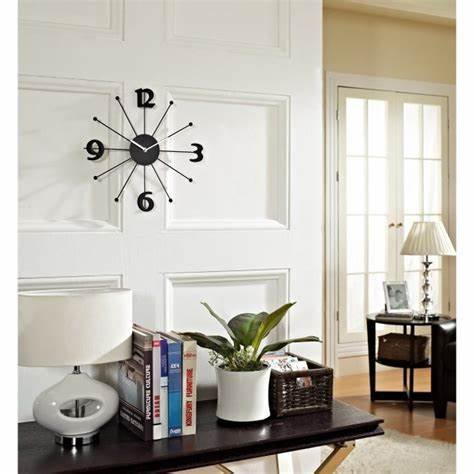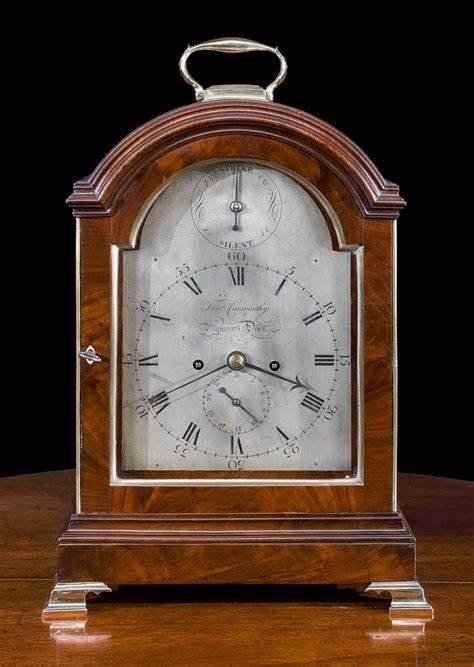Throughout history, many clockmakers have created intricate and iconic timepieces that stand as testaments to their craftsmanship and innovation. These antique clockmakers not only influenced the art of horology but also left a lasting impact on modern clock and watch design. Here, we explore some of the most famous antique clockmakers and the enduring legacies they’ve left behind.

Thomas Tompion (1639–1713)
Legacy: The Father of English Clockmaking
Thomas Tompion is often regarded as the father of English clockmaking. His work is characterized by precision and attention to detail, especially in the design of longcase clocks and bracket clocks. Tompion introduced innovations such as the use of the balance spring, which greatly improved the accuracy of timekeeping.
Influence on Modern Design:
- Tompion’s emphasis on precision engineering has influenced modern luxury watchmakers.
- Many of his techniques, such as the use of jeweled bearings in clock movements, are still used in high-end timepieces today.
Abraham-Louis Breguet (1747–1823)
Legacy: Master of Innovation and Design
Abraham-Louis Breguet, a Swiss-French clockmaker, is renowned for his technical ingenuity and the elegance of his designs. He is credited with creating the tourbillon, a mechanism that compensates for errors caused by gravity, and the Breguet overcoil, a refinement of the balance spring.
Influence on Modern Design:
- Breguet’s inventions revolutionized watchmaking and are still used in the finest watches today.
- His elegant aesthetic, particularly in the design of dials and hands, continues to influence modern luxury watches.
John Harrison (1693–1776)
Legacy: Solving the Longitude Problem
John Harrison was a self-taught English clockmaker best known for solving the long-standing problem of determining longitude at sea. His marine chronometers, especially the H4, were revolutionary in their accuracy and helped sailors navigate the globe more precisely.
Influence on Modern Design:
- Harrison’s focus on reliability in harsh conditions laid the foundation for modern chronometers.
- His work inspired advances in portable timekeeping devices, contributing to the development of pocket watches and wristwatches.
Ferdinand Berthoud (1727–1807)
Legacy: Pioneer in Marine Clocks
A Swiss clockmaker, Ferdinand Berthoud specialized in marine chronometers, much like John Harrison. Berthoud’s work was crucial in ensuring the accuracy of timekeeping devices used by naval expeditions.
Influence on Modern Design:
- Berthoud’s marine clocks were known for their accuracy and precision, influencing modern chronometers used in aviation and navigation.
- His innovative approach to the construction of clock movements remains a benchmark in high-end horology.
James Cox (1723–1800)
Legacy: Opulent Automaton Clocks
James Cox, an English clockmaker, was famous for creating elaborate automaton clocks, which featured intricate moving parts and lavish designs. His work often incorporated gemstones, gold, and silver, and was sought after by royalty and nobility around the world.
Influence on Modern Design:
- Cox’s focus on luxury and ornate design has influenced the creation of high-end, decorative clocks and watches.
- The concept of combining timekeeping with elaborate automata continues to inspire modern designers of novelty clocks and jewelry watches.
Antoine LeCoultre (1803–1881)
Legacy: Innovator of Precision Horology
Antoine LeCoultre founded what would become Jaeger-LeCoultre, a brand renowned for its technical innovations and refined designs. LeCoultre introduced the millionometer, an instrument that allowed for precise measurement, revolutionizing the way watches were made.
Influence on Modern Design:
- LeCoultre’s innovations in precision are the foundation of modern luxury watchmaking.
- Jaeger-LeCoultre’s Reverso watch, inspired by LeCoultre’s focus on functionality and elegance, remains an iconic design today.
Pierre Jaquet-Droz (1721–1790)
Legacy: Master of Automata and Decorative Clocks
Swiss clockmaker Pierre Jaquet-Droz was known for his mechanical automata—clockwork machines that mimicked human or animal movements. His creations were admired not only for their timekeeping precision but also for their artistic and mechanical brilliance.
Influence on Modern Design:
- Jaquet-Droz’s blend of art and mechanics continues to inspire both clockmakers and watchmakers who seek to combine functionality with visual appeal.
- Modern brands, including Jaquet Droz, draw from his legacy of creating luxury timepieces with intricate designs and automata.
Christiaan Huygens (1629–1695)
Legacy: Inventor of the Pendulum Clock
Dutch scientist Christiaan Huygens is credited with inventing the first pendulum clock in 1656, which greatly improved the accuracy of timekeeping. His innovation reduced the margin of error in clocks from minutes to seconds, a breakthrough in horology.
Influence on Modern Design:
- Huygens’ invention of the pendulum remains a cornerstone in the design of modern mechanical clocks.
- The accuracy achieved by Huygens’ pendulum clock set a new standard for timekeeping, influencing generations of clockmakers.
Conclusion
These renowned antique clockmakers each contributed to the evolution of timekeeping in their unique ways, leaving behind legacies that continue to shape modern design and horology. From technological advancements like the pendulum and tourbillon to the creation of opulent and artistic automata, their innovations have become timeless benchmarks in the world of clocks and watches. Today, their influence can be seen not only in high-end luxury timepieces but also in the design principles of contemporary horology.




